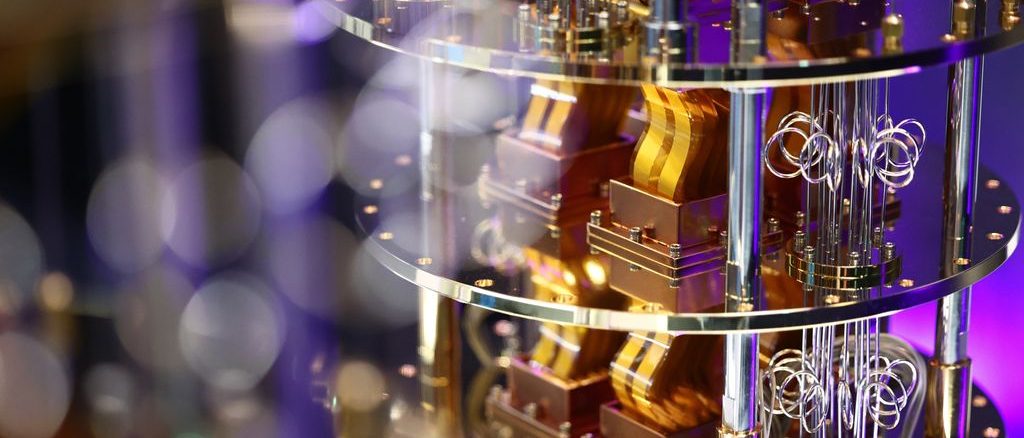
The Netherlands will receive one of eight major European quantum computers
The Netherlands will receive a large European quantum computer. It is one of eight super-fast computers that the European Commission is having built to strengthen Europe’s competitive position in the field of quantum technology. The quantum computer costs 20 million euros, half of which the Commission will pay.
Quantum technology is still in full development, but expectations are high. Quantum computers can perform calculations much faster than normal computers. These calculations could lead to breakthroughs in, among other things, the development of medicines, batteries for electric cars, artificial intelligence and climate predictions.
The quantum computer should be in the Amsterdam Science Park in the summer of 2026, where it will be linked to the Snellius supercomputer. “That is unique for the Netherlands,” says Axel Berg of SURF, the Dutch collaboration organization for ICT innovation that will supervise the installation. “We expect this to give a major boost to the development of quantum applications, for research and for companies in the Netherlands.
Once operational, half of the device’s capacity should be available to Dutch companies and scientists and the other half to users from other EU countries.
Eight computers, eight technologies
The initiative for the eight European quantum computers comes from EuroHPC, an EU organization that focuses on the development of this technology. Anders Dam Jensen from EuroHPC explains that there are various technologies available to develop quantum computers. “No one yet knows exactly which technology will ultimately be the most successful. It is also possible that several will prove successful. So there is a different technology behind each of the eight quantum computers so that we become familiar with all of them.”
The quantum computer that will be installed in Amsterdam must be made with so-called spin-qubit technology. According to Anne-Marije Zwerver, co-owner of the startup Groove Quantum in Delft, the Netherlands is “top of the world” in the development of that technology. “Certainly here in Delft. In addition, we in Europe are very good at making the various components. So it is very nice that forces are finally being joined for one large quantum computer.”
Warning
It is still unclear which company will build the Dutch quantum computer, but Zwerver says that her company will participate in the tender. “And then of course I hope that we come out on top.” But whether Groove Quantum becomes successful or not, Zwerver believes it is important that the Netherlands remains at the top: “This will probably become a very important field in the future and I think that by encouraging small companies and stimulating research , we can stay ahead.”
Intelligence services also warn against the use of quantum computers because, among other things military codes could crack. Zwerver thinks it is good that these warnings are there. “Quantum computers can probably also crack encryption. It is very good to look into that now. But the quantum internet also offers encryption that is in principle unbreakable. So that is also the solution.

Be the first to comment